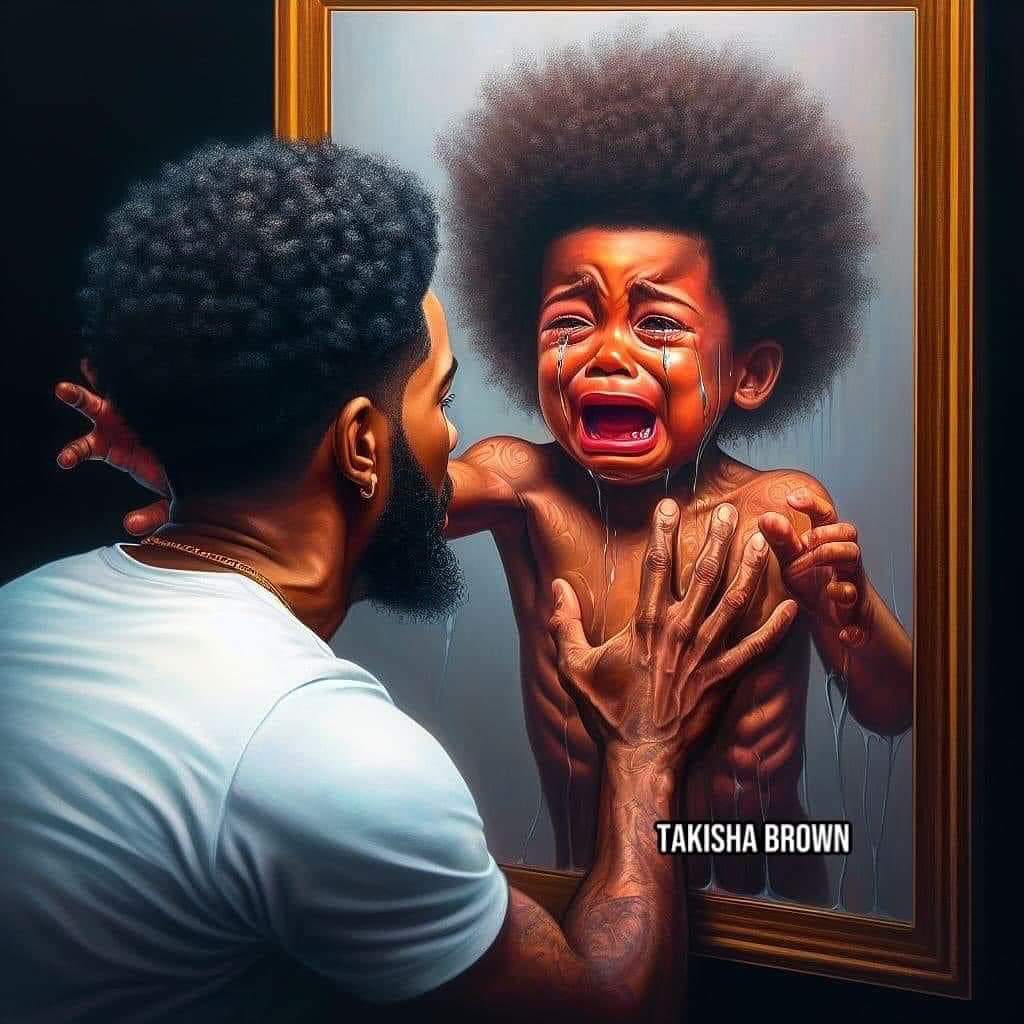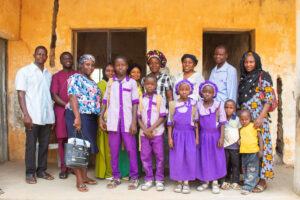Men Cry Too: Supporting Husbands and Fathers in Healing from Unhealed Childhood Trauma: A HAF Initiative
The mental health challenges faced by men, particularly husbands and fathers, in the context of unhealed childhood trauma are often overlooked or misunderstood. The impact of unresolved childhood trauma can manifest in profound ways, affecting men’s emotional well-being, relationships, and their roles as partners and parents. It’s crucial to shed light on these issues and outline strategies to support men in their healing and restoration journey.
Unhealed childhood trauma can create deep emotional wounds that have lasting effects on men’s mental health. Such trauma can lead to difficulties in forming and maintaining healthy relationships, struggles with expressing emotions, and patterns of behavior that are rooted in unresolved pain. As husbands and fathers, navigating these challenges can significantly impact their ability to nurture strong, supportive relationships with their partners and positively influence their children’s lives.
It’s important to recognize the diverse ways in which unhealed childhood trauma can manifest in men, including anxiety, depression, anger issues, substance abuse, self-isolation, and difficulties in managing emotions effectively. These manifestations of unresolved trauma create barriers to forming meaningful connections and can result in ongoing struggles within marital and parental relationships.
Supporting men in healing from unhealed childhood trauma involves creating safe and compassionate spaces for open dialogue and acknowledgment of their experiences. By fostering an environment in which men feel comfortable confronting their past and expressing their emotions, we can empower them to begin the healing process.
One crucial aspect of support involves promoting understanding and empathy within their support networks. Partners, family members, and friends play a vital role in offering non-judgmental support, actively listening, and encouraging men to seek professional help or engage in therapeutic interventions. By validating their experiences and providing a supportive foundation, men can be empowered to confront their trauma and navigate their healing journey.
Tailoring therapeutic interventions to the unique experiences of men is also essential in addressing unhealed childhood trauma. Creating therapeutic spaces that specifically address men’s emotional needs, communication styles, and experiences of trauma can help them feel more comfortable engaging in the healing process. By acknowledging and respecting the unique challenges men face, such interventions can facilitate a more effective and impactful healing journey.
Promoting mental health literacy and access to mental health resources is crucial in supporting men in healing from unhealed childhood trauma. By increasing awareness and knowledge about the impact of trauma on men’s mental health, as well as providing access to therapy, support groups, and mental health professionals, we can empower men to take proactive steps toward their healing and restoration.
Encouraging husbands and fathers to engage in self-care practices that prioritize their mental well-being is another vital aspect of support. This can include activities such as mindfulness, physical exercise, creative outlets, meditating on the Word of God and participation in support groups. By promoting these self-care practices and emphasizing their importance, men can better cope with the effects of unhealed childhood trauma and maintain their mental wellness.
Furthermore, challenging harmful stereotypes and expectations within societal attitudes and systems is necessary to recognize and address the impact of unhealed childhood trauma on men. By fostering a culture of understanding and acceptance, men can feel empowered to confront their trauma and pursue their path to healing without fear of judgment or stigma.
In addition to individual support, fathers and husbands should be encouraged to actively participate in parenting and family life, breaking the generational cycle of unhealed trauma. By providing opportunities for men to engage meaningfully in the lives of their children and families, they can contribute positively to nurturing healthy relationships and creating supportive environments for their loved ones.
In conclusion, the need to support husbands and fathers in healing from unhealed childhood trauma is essential for their well-being and the well-being of their families. By acknowledging the impact of trauma on men’s mental health, promoting understanding and access to supportive resources, and fostering a culture of empathy and acceptance, we can empower men to confront their trauma, heal, and contribute to their families’ flourishing. Men cry too, and their journey toward healing is a collective responsibility that can lead to restoration and resilience within families and communities.
By understanding the impact of unhealed childhood trauma on men, promoting empathy and support, and providing access to tailored therapeutic interventions and mental health resources, we can empower husbands and fathers to engage in their healing and restoration journey, leading to positive outcomes for themselves, their families, and their communities. Men cry too, and it’s crucial that we foster an environment that encourages and supports their healing process.


